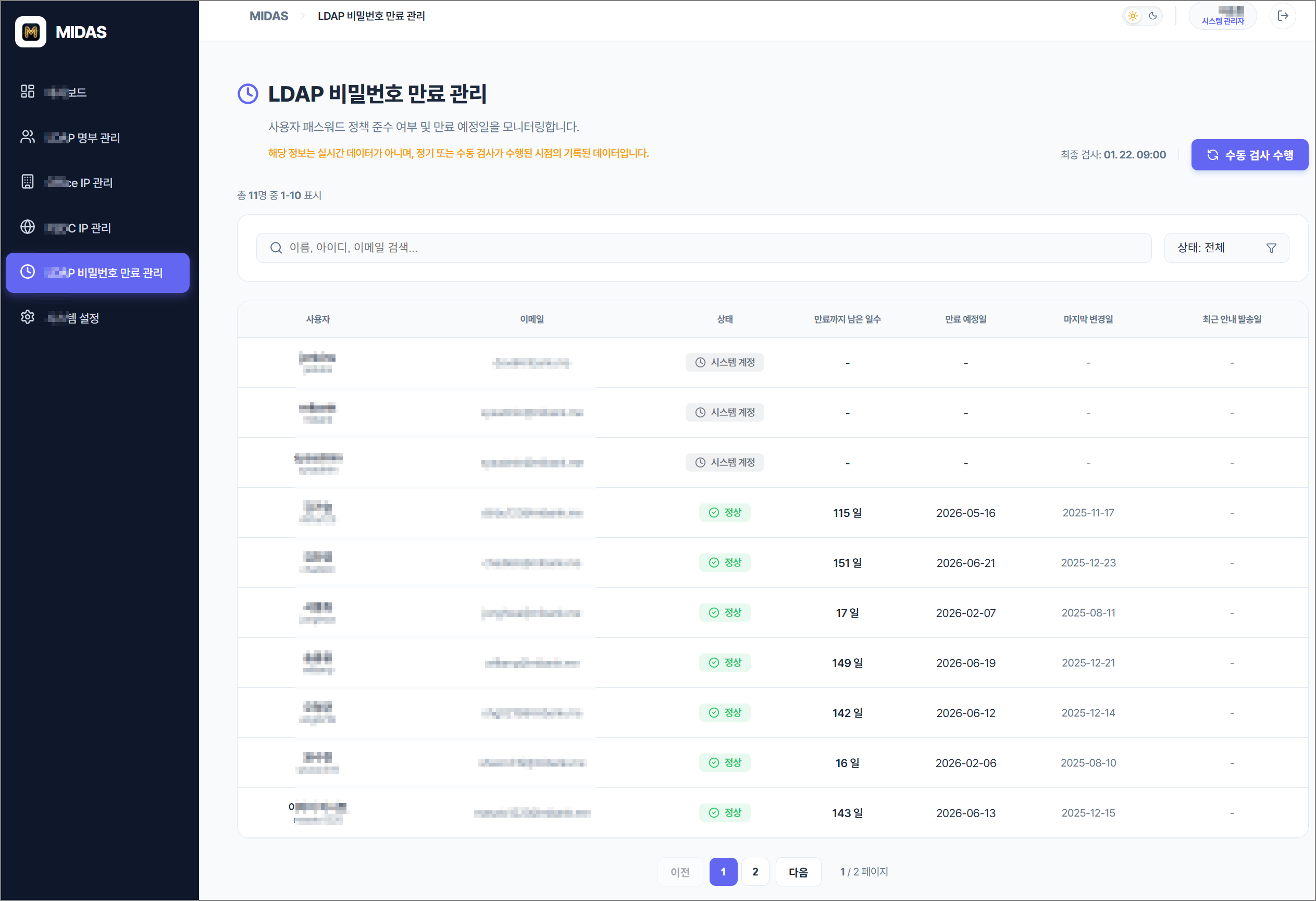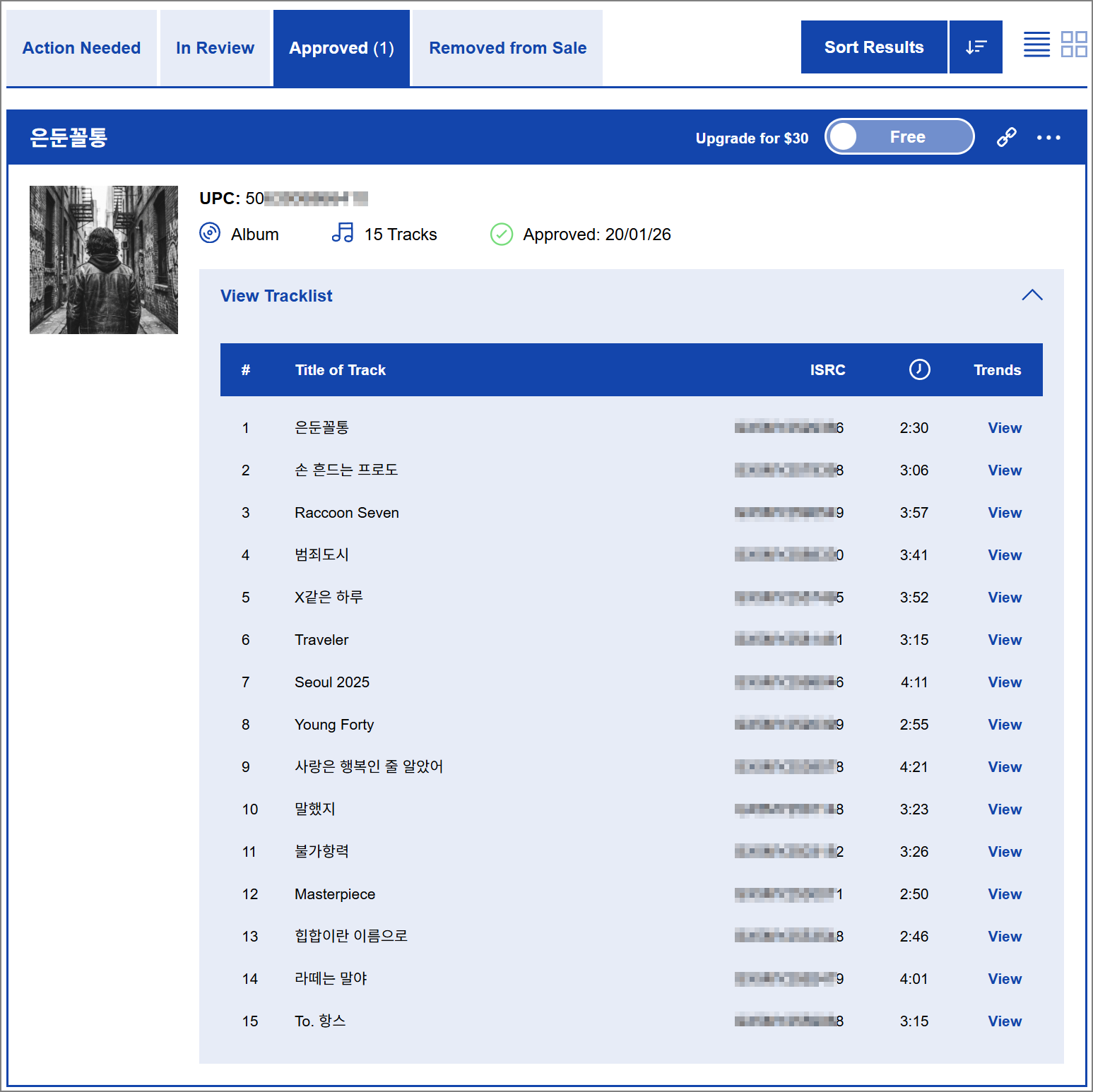
GENERAL2026-01-22
바이브 코딩: 실패와 좌절 끝에 만난 뜻밖의 확신
요즘 '바이브 코딩'이라는 말이 유행이다. 나 역시 그 유행의 최첨단에 서고 싶어 2025년 5월, 야심 차게 첫발을 내디뎠다. 당시 나는 클로드(Claude) MAX 플랜을 포함해, 좋다는 AI 툴이란 툴은 다 굴려보고 있었다. 그렇게 반년 정도 삽질을 거듭하다 ...

요즘 '바이브 코딩'이라는 말이 유행이다. 나 역시 그 유행의 최첨단에 서고 싶어 2025년 5월, 야심 차게 첫발을 내디뎠다. 당시 나는 클로드(Claude) MAX 플랜을 포함해, 좋다는 AI 툴이란 툴은 다 굴려보고 있었다. 그렇게 반년 정도 삽질을 거듭하다 ...

처음부터 앨범을 발매할 거창한 계획이 있었던 건 아니다. 어릴 때부터 힙합 뮤지션이 꿈이었던 나는 생계라는 핑계로 리스너가 될 수밖에 없었다. 어느덧 나이 걸쭉한 40대 중반. 삶에 조금이나마 여유가 생겨 취미로 끄적이다 보니, 어느새 하나둘 쌓여가는 곡들이 내심 아...

요즘 트렌드는 역시 '바이브'다. 오랫동안 운영하던 워드프레스 블로그는 더 이상 공개하지 않고 개인적인 참고용으로만 아카이빙해두기로 했다. 껍데기만 바꾸는 건 솔직히 재미없으니까, 시스템 밑바닥부터 내가 지향하는 그 '무드'를 제대로 담아내는 게 목표였다. 결과부...